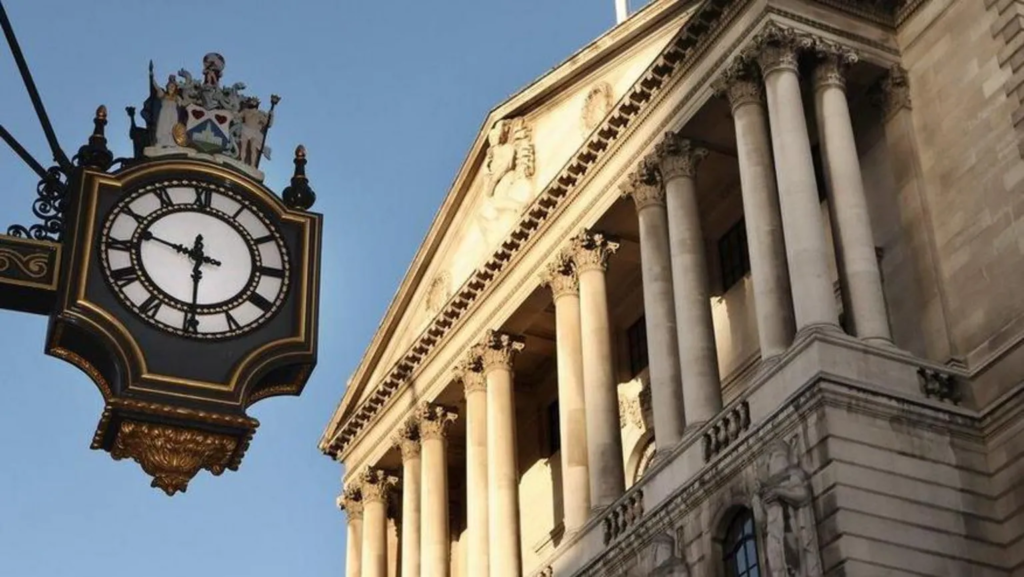Bank of England Expected to Continue Cutting Rates as Inflation Lingers
The International Monetary Fund (IMF) has forecast that the Bank of England will cut interest rates three more times in 2025, after already reducing rates by 0.25 percentage points in February. The move comes as the UK continues to face persistent inflation and the wider global impact of rising U.S. trade tariffs.
The IMF expects UK inflation to hit 3.1% in 2025, the highest among advanced economies. This is largely attributed to increased utility costs, including higher energy and water bills. The inflation rate, however, is forecast to ease to 2.2% by 2026, approaching the Bank of England’s long-term target of 2%.
Economic Growth Slows, But Outpaces France and Germany
Despite the inflation concerns, the UK economy is projected to grow by 1.1% in 2025, down from a previous estimate of 1.6%. The downgrade was driven by Trump-era tariffs, global financial tightening, and lingering inflation. Still, the UK’s growth outlook remains stronger than that of France, Italy, and Germany, which are facing steeper slowdowns.
IMF chief economist Pierre-Olivier Gourinchas stated that the global economy continues to bear “significant scars” from the shocks of the past four years, and is now being tested once more by aggressive U.S. protectionism and market uncertainty.
Chancellor Reeves Defends UK Trade Interests in Washington
UK Chancellor Rachel Reeves, currently in Washington for the IMF’s spring meetings, responded by underlining that the UK remains in a relatively strong position. “The report also clearly shows that the world has changed, which is why I will be in Washington this week defending British interests and making the case for free and fair trade,” she said.
Reeves is expected to meet with U.S. Treasury Secretary Scott Bessent to push for a bilateral trade agreement that could exempt the UK from the latest round of Trump-imposed tariffs—including a new 10% tax on most non-American imports and up to 145% duties on Chinese goods.

Trump’s Tariffs Cast Shadow Over Global Growth
Former U.S. President Donald Trump, now seeking re-election, has introduced a series of sweeping tariffs intended to boost domestic production and tax revenue. However, the IMF warns these measures are already beginning to slow U.S. growth, with its 2025 forecast revised down to 1.8% from 2.7%.
While tariffs may divert some goods away from the U.S., potentially easing UK price pressures, they are also creating broader trade disruptions. Gourinchas described the evolving trade war as a “test” for the global economy.
Looking Ahead: Policy Uncertainty Looms
With more rate cuts expected, the Bank of England faces the challenge of balancing inflation control with the need to stimulate growth. Meanwhile, Reeves’ trade negotiations in Washington could be pivotal in shaping the UK’s post-Brexit global trade footprint.
The IMF’s outlook presents a mixed picture: resilient but slowing UK growth, stubborn inflation, and intensifying geopolitical trade battles—all of which will shape the economic narrative as Britain heads deeper into 2025.
Category: UK Economy, Global Trade, Central Banking, Inflation & Interest Rates
Tags: IMF UK forecast, Bank of England interest rates, UK inflation 2025, Rachel Reeves trade talks, Trump tariffs, US-UK trade war, UK economy downgrade, global economic outlook, central bank decisions, UK vs EU growth